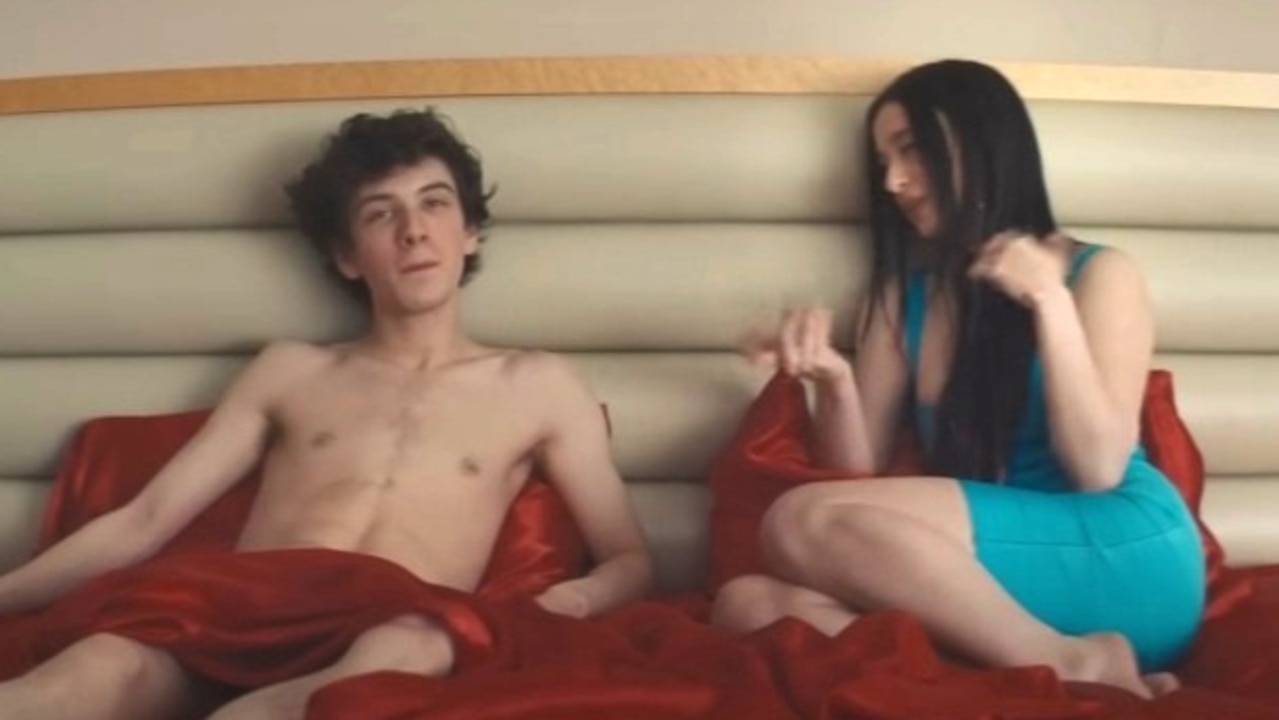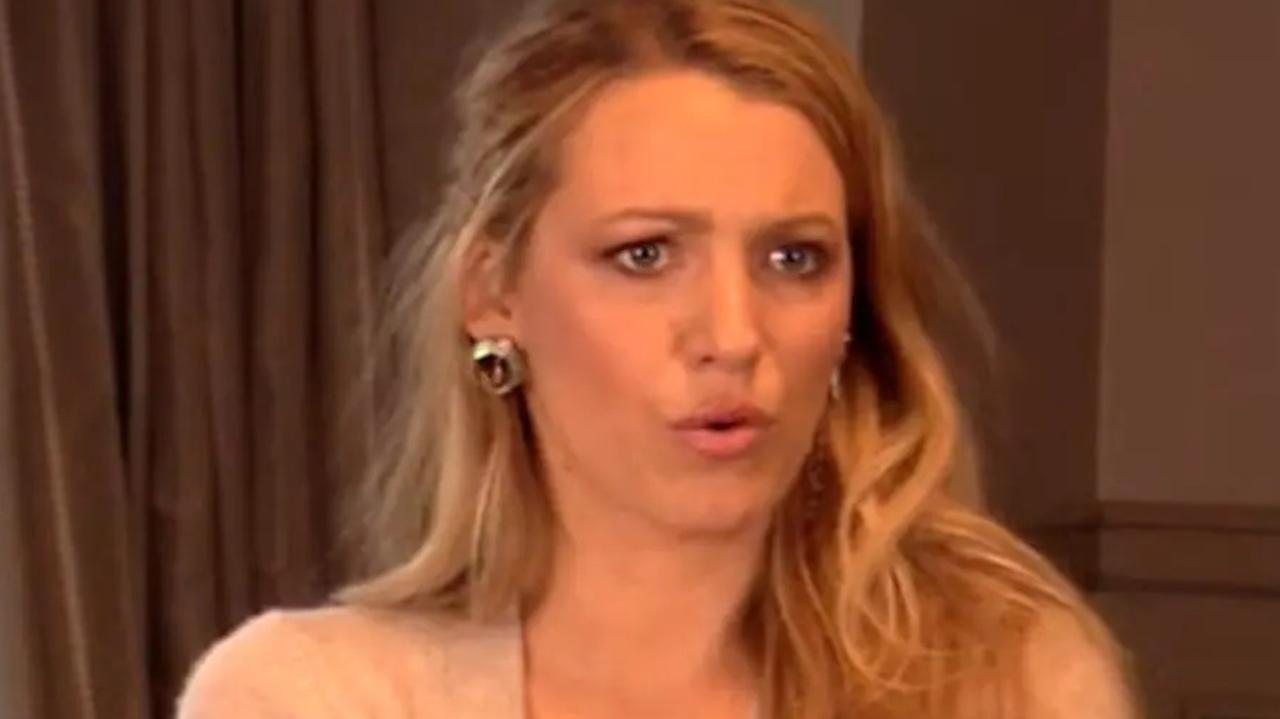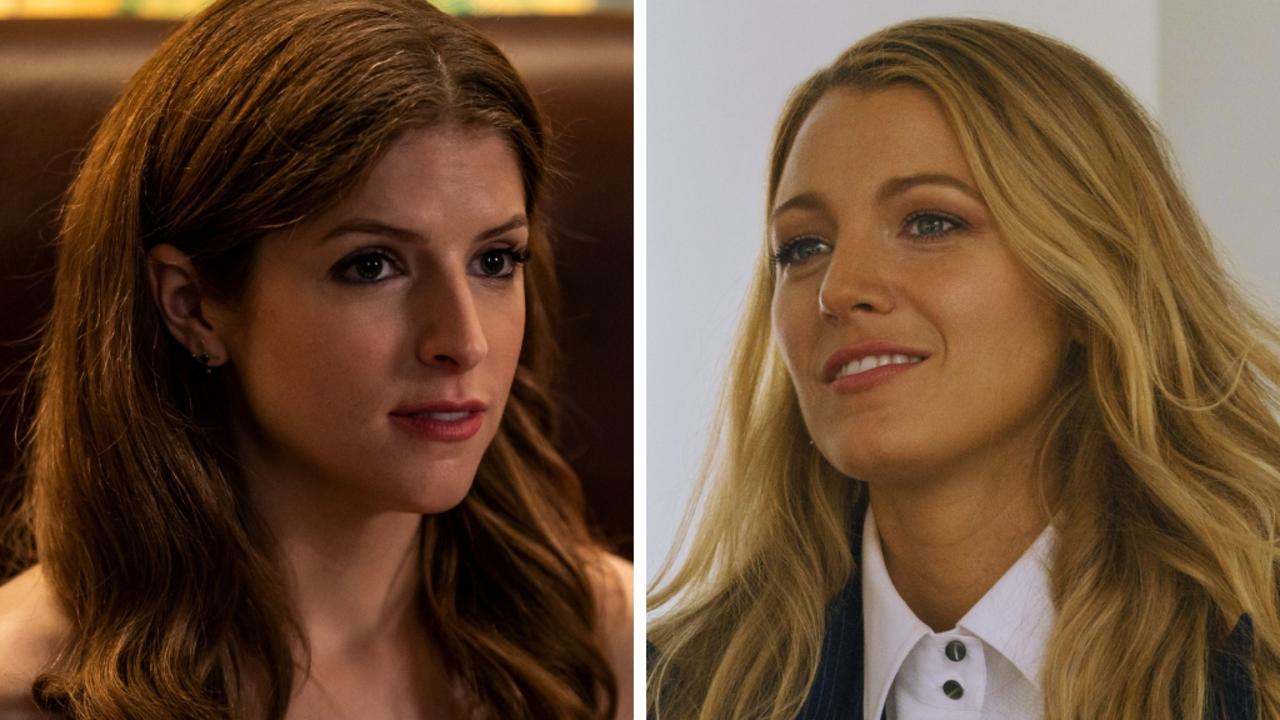Intimacy coordinators: the choreographers behind movie, TV sex scenes
They may look sensual and improvised but an on-set expert says TV and movie sex scenes are choreographed like fighting and has revealed the red lines actors cannot cross.

“Erections happen in the workplace but it’s not professional to continue working with one.
“You have to be honest about these things. If you have one, it’s OK to get up and splash your face with water.”
Not many of us have to deal with erections as a regular part of our job. But for Leah Pellinkhof, it can be an everyday occurrence. For her, it’s nothing to get too fussed about.
Ms Pellinkhof is one of Australia’s few intimacy coordinators. A few years ago, they were barely heard off. Now, they’re becoming a must have on film and TV sets and in theatres.
The recent hit Netflix series Bridgerton was the latest to use the skills of an intimacy co-ordinator. Much delayed James Bond instalment No Time to Die also had coordinators on set.
She likens it to fight choreography, but for sex scenes.
“You always have fight co-ordinators to ensure the physical health and safety of actors. But having intimacy co-ordinators that look after the actor’s emotional and mental health is rarer,” Ms Pellinkhof says.
“I ensure that everyone knows what going on and make it safe and look sexy, if that’s the desired outcome.”
Ms Pellinkhof should know. In a long career as a film maker and teacher, she is also a seasoned fight choreographer.
And for her, sex scenes should always be choreographed and never improvised, a situation that was all too common in the past.
“We don’t say for fight scenes that the actors should just beat each other up however you want to, but people have this warped idea sex scenes have to be improvised,” she says.
“My view is no, they’re actors. They can do a sex scene again and again and make it look authentic and passionate every single time.”
But there are some red lines actors should not cross in the heat of the acting moment.
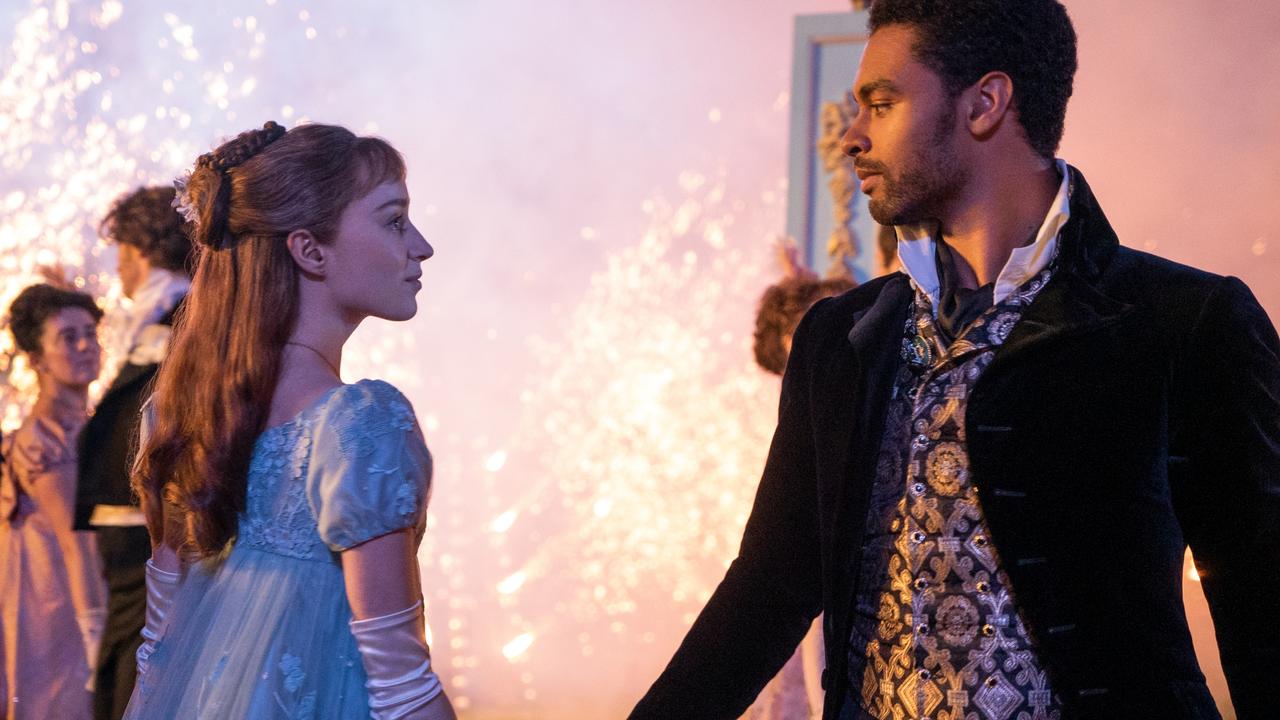
Ms Pellinkhof, who will be conducting an online masterclass in intimacy co-ordination on Monday, February 22 as part of the QueerScreen Mardi Gras film festival, has worked on projects including Australian female-led web series Thirty and Sydney theatre company She Shakespeare’s production of Romeo and Juliet as well as several films.
She says the increasing use of intimacy co-ordinators is a direct result of bad behaviour and assault on sets.
“It’s glaringly obvious that in the last few years there has been so much misconduct, a lot of people have been privileged jerks and there haven’t been rules around it,” Ms Pellinkhof says.
Even when everything has been above board, sex scenes can still be troubling for actors. Particularly as many don’t want to upset a director by revealing they might feel uncomfortable with a certain scene.
“There’s often little in the way of rehearsal, actors feeling pressured into doing things and hands going to places,” says Ms Pellinkhof.
“I’ve had actors that have been quiet traumatised from scenes on other sets.”
RELATED: Bond movie bosses hire intimacy coach to help stars with sex scenes

NEVER HAD A COMPLAINT
Full nudity is often not as huge an issue as it might seem as it will usually be clearly flagged in a script, so there will be few surprises. It’s the vaguer sex scenes that can cause the issues. Scenes where the actors might not be sure how nude they might get or to what extent their hands should be allowed to wander.
“Often it’s the person doing the touching who is more awkward about it. A male actor touching a female actor and doesn’t want to be one of those sleazy guys.”
The key, Ms Pellinkhof says, is that everyone involved in a scene knows exactly what’s going to happen when the cameras begins rolling. And, critically, consent.
The first thing she does is read the script to find the intimate scenes. That’s not just the sex scenes but others like a kiss or someone being pushed up against the wall.
According to guidelines drawn up by the Media Entertainment and Arts Alliance (MEAA), intimacy co-ordinators should be considered not just for sex scenes but for any involving nudity or semi-nudity, such as bathing a frail character or using a breast pump.
She discusses the scenes with the director and actors; about where that will be touched and whether, for instance, if there will be a nipple showing. And if the actor is comfortable with that.
“People might think it’s stifling but I’ve never had a complaint from a director. Even the biggest sceptics of intimacy co-ordinators say its working.”
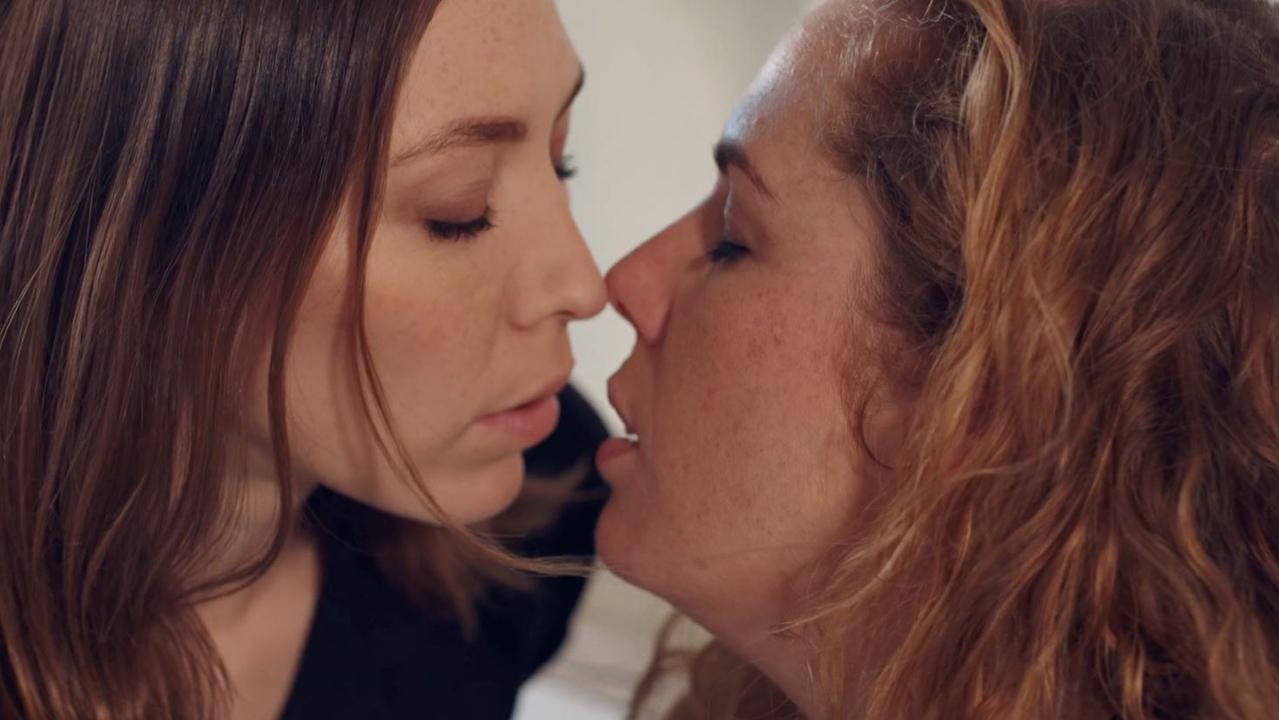
SEX SCENE RED LINES
With the actors, Ms Pellinkhof will go through consent exercises. Starting small at first; perhaps just a shake of the hand or touch of the shoulder.
“Then we ask if they can be touched on the inner thigh, the side of the breast, the top of the breast, and all the time we’re asking for consent and checking to see if they’re OK. It has to be 100 per cent yes.
“Sometimes an actor might be fine to be touched on the side of the breast but not the breast fully grabbed,” she says.
“With kissing we start with a peck on the lips. But there is never any tongue. One of the guidelines is no part of you should enter anyone else.
“You just don’t need to do it. How often do you actually see a tongue going into mouth? We don’t need to see it.”
While the viewer may believe an actor is naked, it’s almost never completely the case. Bits and bobs are more often than not safely tucked away.
“I take little pillows with me or large sanitary napkins or the cricket boxes that cricketers use. We should never really feel genitalia against genitalia.”
In some cases, body doubles may stand in when some nudity is needed.
If an actor doesn’t like an action, Ms Pellinkhof will work with the director to adjust the scene so it has the same sensualness with none of the awkwardness. It might be filmed from the side or back, for instance, rather than frontal nudity.
“After we’ve worked out where it’s OK to touch we can then choreograph the scene. So if you know you can squeeze an actor's buttocks, you’re not going to hesitate doing that.”
In theatre productions, where actors may have to repeat the scene night after night, a permanent member of the crew will ask before every performance if the actors consent to the scene and, if not, what can be done to make them comfortable.
For more traumatic scenes, ones involving abuse or sexual violence, a support person who the actor knows might be on hand for them.
“A lot of the time the actor playing the abuser needs support too and they might be a person who wouldn’t hurt a fly and they are accessing these really raw emotions,” Ms Pellinkhof says.
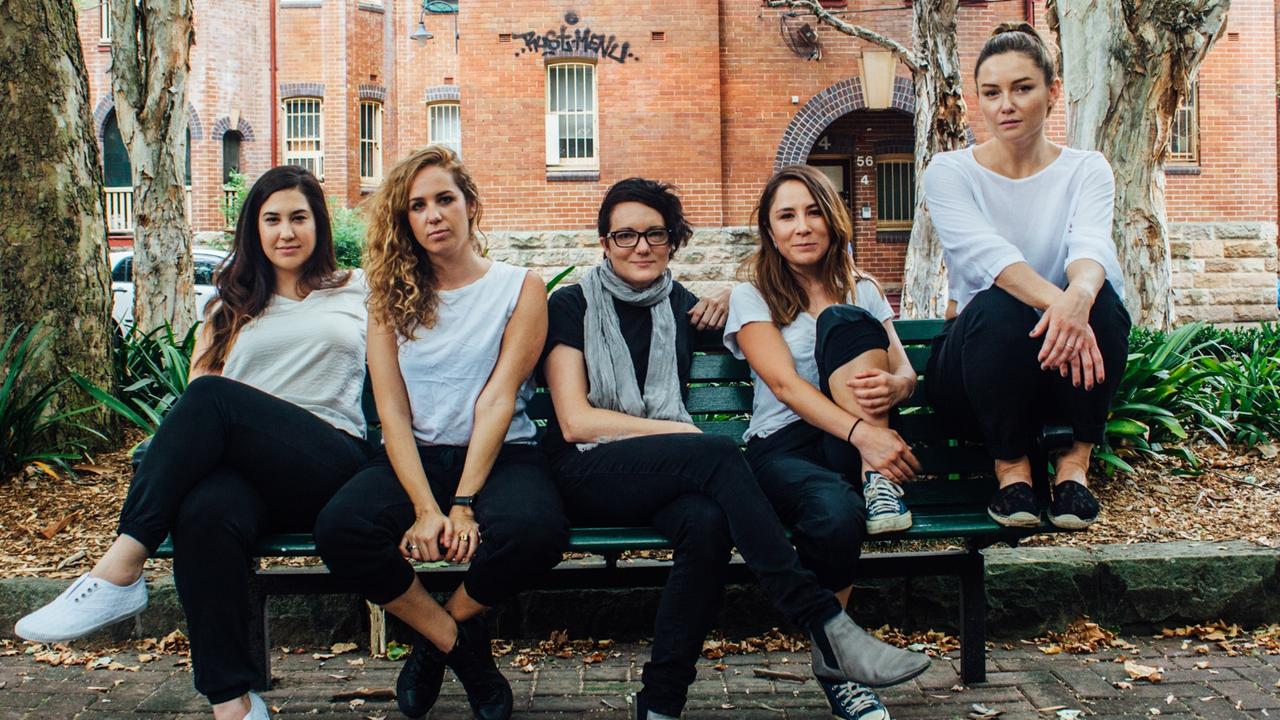
Things can change mid scene. Just like in real life an actor can withdraw consent and, yes, an erection can happen.
Ms Pellinkhof says if the feeling on set is open and trusting, then these things become small road humps towards clinching the perfect sex scene; one that looks real for the audience but was comfortable for those taking part.
“Actors have the absolute right to their own emotional safety and mental safety,’ Ms Pellinkhof says.
“If they have sex scenes coming up they should ask for an intimacy co-ordinator and producers should want one because there are so many bad stories that have happened on set of films that have had to be reshot.
“It’s actually financially valuable to have an intimacy co-ordinator there so you won’t get a dodgy reputation and end up in the papers.”


